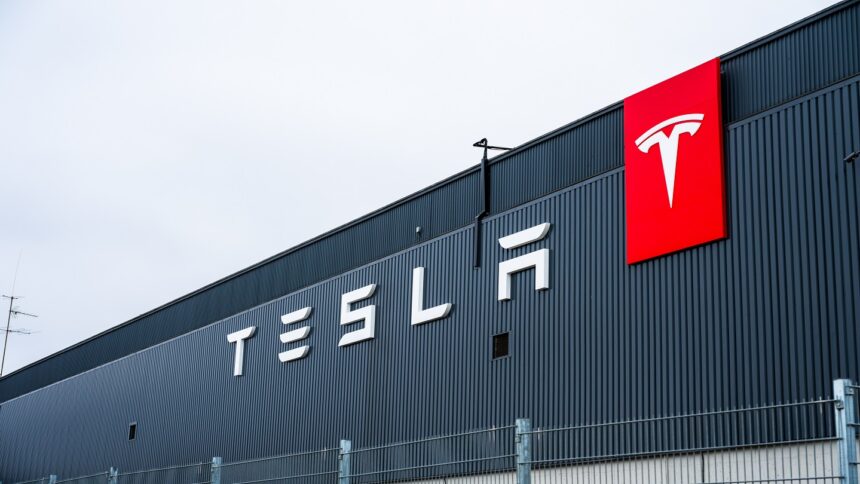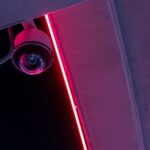The National Highway Traffic Safety Administration (NHTSA) has launched an investigation into 2.6 million Tesla vehicles due to reports of crashes involving a feature that allows users to remotely drive their cars.
The focus of the investigation is Tesla’s Actually Smart Summon feature, which enables drivers to move their vehicles remotely using a smartphone application. The NHTSA will be examining the feature’s maximum speed, usage on public roads, line of sight requirements, and its performance under various conditions.
The predecessor of this feature allowed users to maneuver their vehicles into or out of parking spaces. The current probe aims to determine if further analysis is necessary, potentially leading to a recall.
The investigation covers a range of Tesla models equipped with the optional Full Self-Driving driver assistance system, including Model S and X from 2016 to 2025, Model 3 from 2017 to 2025, and Model Y from 2020 to 2025.
The NHTSA has highlighted four incidents where vehicles equipped with the Actually Smart Summon feature failed to detect obstacles. One such incident involved a Model 3 in Houston colliding with a parked car containing a passenger.
In another incident in Henderson, Nevada, a Model Y made an abrupt turn and struck a parked vehicle. The NHTSA noted that Tesla had not reported any Smart Summon or Actually Smart Summon crashes through the Standing General Order for crashes involving ADS or Level 2 ADAS.
The timing of the probe is significant as President-elect Donald Trump, who has Tesla CEO Elon Musk as a close adviser, is set to take office soon. Musk has previously criticized the NHTSA’s actions.
The NHTSA’s ongoing investigations also include evaluating whether a December 2023 recall of over two million Tesla vehicles to install new Autopilot safeguards is sufficient.
The investigation underscores the importance of ensuring the safety and reliability of advanced driver assistance systems in vehicles. Stay tuned for updates on the outcome of the probe and any potential actions that may be taken to address safety concerns related to Tesla’s remote driving features.







